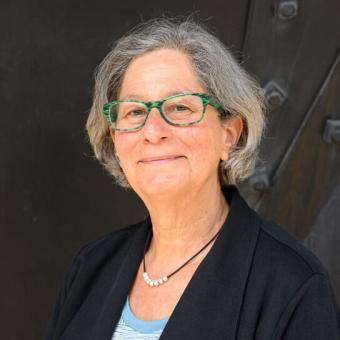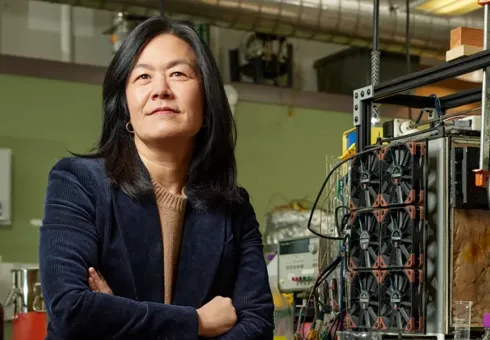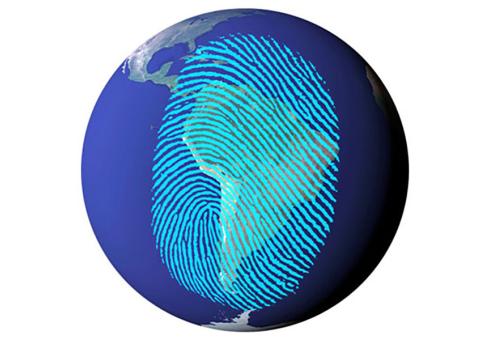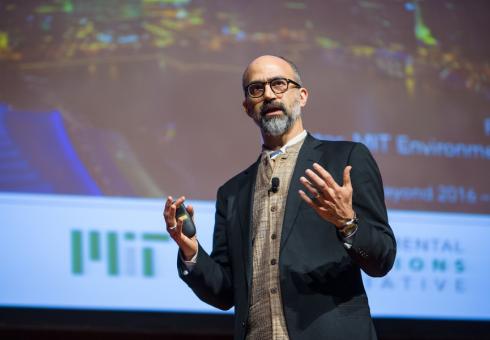Susan Solomon

Bio
Professor Solomon is an atmospheric chemist and climate scientist, best known for work to explain the Antarctic ozone hole and its link to CFC emissions. Her researcher group at MIT seeks to understand chemistry-climate coupling—how atmospheric chemistry influences atmospheric behavior, and vice versa—at both poles of the Earth, as well as in the tropics. By studying the intricate interplay between physical, dynamical, and chemical processes in the Earth’s atmosphere we can improve climate models, better predict future changes, and develop strategies to mitigate the effects of anthropogenic climate change on ecosystems, communities, and human health.
Prior to coming to MIT and joining the EAPS faculty in 2012, Solomon was a scientist at NOAA in Boulder, Colorado and an adjunct professor at the University of Colorado from 1982-2011 where she first theorized about the cause behind the Antarctic ozone hole. In 1986 and 1987, she served as the Head Project Scientist of the National Ozone Expedition at McMurdo Station, Antarctica, making some of the first measurements that confirmed chlorofluorocarbons (CFCs) as the culprit. This pioneering work became the foundation for the Montreal Protocol—the landmark treaty limiting global CFC emissions—which, 30 years its signing, became a resounding environmental success story, with Solomon documenting evidence of the ozone hole’s healing in response.
In March of 2000, Solomon received the National Medal of Science, the United States’ highest scientific award. A member of the National Academy of Sciences and the American Philosophical Society, Solomon has also earned the highest awards of the American Geophysical Union (the Bowie Medal), the American Meteorological Society (the Rossby Medal), and the Geochemical Society (the Goldschmidt Medal). She also received the Grande Medaille of the Academy of Sciences in Paris for her leadership in ozone and climate science in 2008 and the Crafoord Prize of the Swedish Academy of Sciences in 2018. She served as co-chair of the Fourth Assessment of the Intergovernmental Panel on Climate Change (IPCC, 2007) climate science report, which went on to be recognized with the Nobel Peace Prize. In 2008, she was named one of the year’s 100 most influential people in Time magazine.



